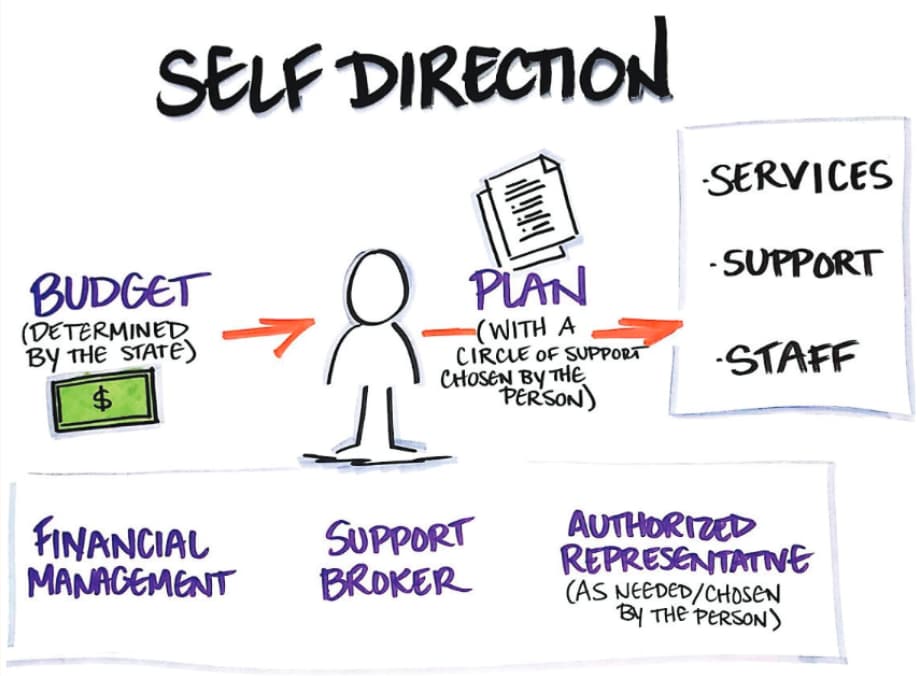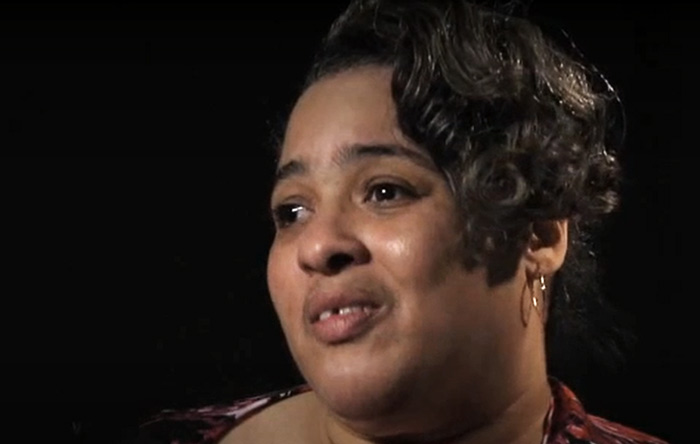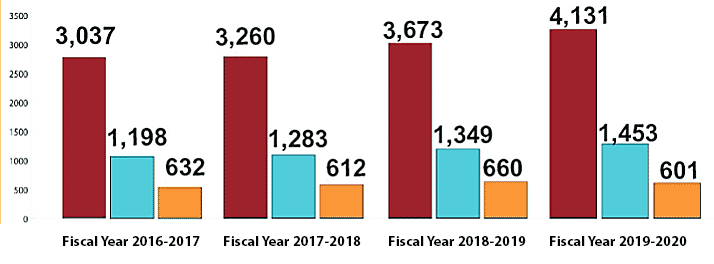1) Person-Directed Services: Revolution Through Evolution
In human services, a revolution has come about through the evolution of the Person-Directed Services (PDS) movement. Examined through it’s progression in history, a book authored by experts and the delivery of stories from real life individuals employing PDS, we explore PDS and see the importance and impact it has in the lives of so many people. In human services, a revolution has come about through the evolution of the Person-Directed Services (PDS) movement. Examined through it’s progression in history, a book authored by experts and the delivery of stories from real life individuals employing PDS, we explore PDS and see the importance and impact it has in the lives of so many people.
2) History of Self-Direction
Self-direction provides people with disabilities and seniors with increased choice and control over their home and community-based services. All self-direction programs offer participants Employer Authority: the opportunity to select, hire, and manage their own service providers, often including friends and family members.
Research has demonstrated that self-direction leads to less use emergency room visits and nursing home admissions, greater access to services particularly in rural areas, less caregiver stress, and inclusion of friends and family in the workforce.
Two critical supports for self-direction are required: Information and Assistance, and Financial Management Services. A supports broker is an optional service, but can also be an important partner in self-direction.
Historic Milestones
- Early activism in the physical disability community that demanded independence for people with disabilities;
- Passage of key pieces of federal legislation: Section 504 of the Rehabilitation Act (1973) Supplemental Security Income (1974) Education for All Handicapped Children Act (1975) Developmentally Disabled Assistance and Bill of Rights Act (1975) Title VII (Centers for Independent Living) of the Rehabilitation Act (1978) Section 1915(c) of the Social Security Act (1983) Americans with Disabilities Act (1990)
- Philosophical shifts since 1970 including the embrace of normalization and deinstitutionalization;
- Adoption of program models such as the family supports and giving people with physical disabilities the ability to hire their own personal care attendants;
- Series of federal court cases since 1970 contributing to an increased regard for the full citizenship of people with disabilities.
- Successful result of self-direction demonstrations funded by the Robert Wood Johnson Foundation including Independent Choices, Cash and Counseling, and Self-Determination for Persons with Developmental Disabilities
- Self-direction guidelines present in the CMS HCBS Settings Rule (2014) and Section 2402a of the Affordable Care Act of 2010
Role of Financial Management Service (FMS) in Self-Direction
Public Partnerships LLC is an FMS firm created in 2006 to support the growth and development of self-direction across the county. It grew to serving 110,000 participants in 26 states with more than 140,000 employees.
3) The Book: “Self-Direction– A Revolution in Human Services”
“Self-Direction: A Revolution in Human Services”1 traces the history, current status, and future directions of this paradigm shift in service delivery in the United States. The authors share their collective insights for improving service delivery and advancing self-direction so that all people with disabilities can have this choice. The book would easily fit into a Disability Studies curricula given that chapters include: Self-Direction: What It Is and How It Works, The Status of Self-Direction Across the Country, The Future of Self-Direction: Challenges and Recommendations.
4) The Pennsylvania Person-Directed Services Project
Beginning in April 2020, the Institute on Disabilities at Temple University and its partners reached out to people with disabilities and those who support them across Pennsylvania to share personal stories about how self-direction has improved their life.
People were encouraged to tell their story in their own way. Each person selected their own story-telling method and were presented as accessibly as possible. Embrace the differences and enjoy the stories.




